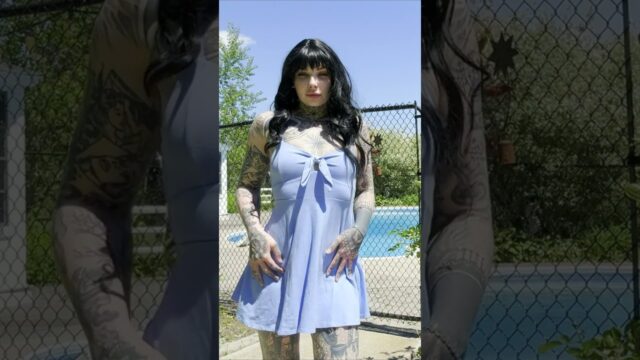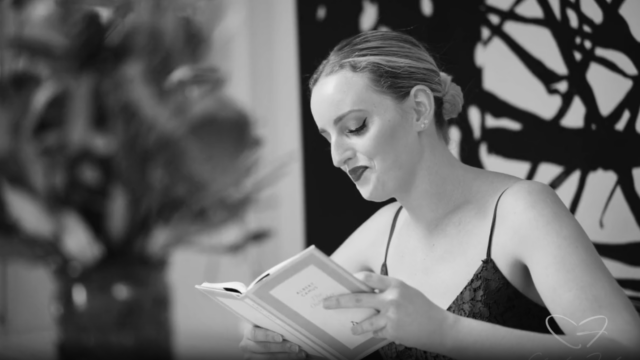REPULSION (1965) : Fear of Men
247KAs I sit down to write about the iconic film Repulsion (1965), I am reminded of the intense psychological journey that I experienced while watching this masterpiece. Directed by Roman Polanski, Repulsion is a haunting exploration of a young woman’s descent into madness and her deep-seated fear of men.
The film follows the story of Carol, played brilliantly by Catherine Deneuve, a shy and introverted Belgian woman living in London with her sister. From the very beginning, we can sense that Carol is troubled and disconnected from the people around her. She is engulfed in her own world, filled with fear and paranoia.
Carol’s fear of men is palpable throughout the film, stemming from a traumatic experience in her past that is only hinted at. As the days pass, her paranoia grows into full-blown hallucinations and delusions, leading to a disturbing and violent climax.
One of the most striking aspects of Repulsion is how Polanski uses sound and visuals to convey Carol’s mental state. The film is a masterclass in building tension and creating an atmosphere of dread. From the ominous ticking of the clock to the eerie silence that fills the empty apartment, every sound and shot is meticulously crafted to unsettle the audience.
As the audience, we are drawn into Carol’s world, feeling her fear and anxiety as if it were our own. The claustrophobic setting of the apartment only enhances this feeling of suffocation and unease. We become voyeurs, witnessing Carol’s unraveling mind in all its terrifying detail.
Catherine Deneuve delivers a mesmerizing performance as Carol, capturing every nuance of her character’s inner turmoil. Her portrayal of a woman on the brink of sanity is both heartbreaking and chilling. Deneuve’s expressive eyes convey a myriad of emotions, from fear and confusion to rage and despair.
One of the most memorable scenes in the film is when Carol is left alone in the apartment, besieged by her hallucinations. The walls seem to close in on her, the cracks and shadows morphing into terrifying shapes. The scene is a visual representation of Carol’s inner turmoil, a manifestation of her darkest fears.
Throughout the film, we see Carol’s fear of men manifest in various ways. From the lecherous advances of her landlord to the menacing presence of a strange man in the apartment, Carol is constantly on edge, unable to trust anyone. Her fear is all-encompassing, consuming her every thought and action.
As the film reaches its harrowing climax, we witness Carol’s descent into madness in all its brutal intensity. The violence that erupts is both shocking and tragic, a culmination of her deep-seated fear and paranoia. By the end, we are left wondering what could have been done to help Carol before it was too late.
Watching Repulsion is a visceral experience, a journey into the dark recesses of the human mind. It is a film that lingers in the mind long after the credits have rolled, haunting and unsettling in its depiction of psychological horror. Repulsion is a timeless classic that continues to terrify and captivate audiences to this day.
As I reflect on the film, I am struck by the power of fear and the impact it can have on a person’s psyche. Repulsion serves as a stark reminder of the fragility of the human mind and the depths of our fears. It is a film that delves deep into the darkest corners of the human soul, shining a light on the horrors that lurk within.
In conclusion, Repulsion is a masterpiece of psychological horror, a film that delves into the depths of fear and madness with unflinching honesty. Roman Polanski’s direction, Catherine Deneuve’s performance, and the haunting atmosphere all come together to create a cinematic experience that is both terrifying and unforgettable. Repulsion is a film that will stay with you long after the final frame, a chilling reminder of the power of fear.










